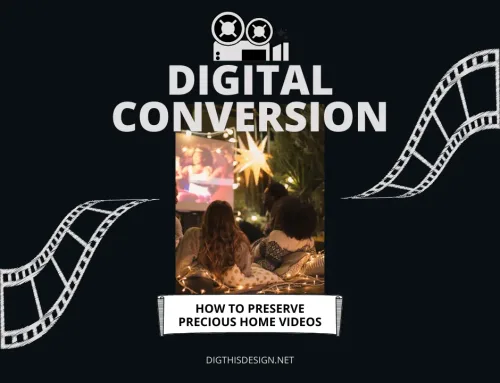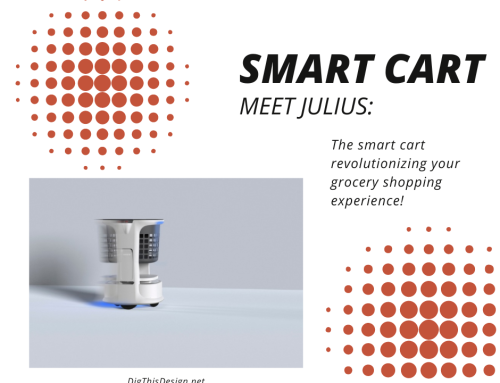If one thing characterizes modern life, it’s digital technology. Around the world, people use their phones and devices to get information, make purchases, stay connected, and so much more. The growth of e-commerce and “disruptive” technologies raises some critical questions. Is there a difference between technology that’s disruptive versus popular? Does the widespread popularity of online marketplaces constitute disruption to conventional industries, or is it just a current trend?
What Makes Technology Disruptive?

A test case in the real estate technology sector helps to show what disruptive technology is all about.
Houses Made More Affordable
Technology is definitively disruptive when it flips the traditional way of doing things on its head, rather than just doing things differently. Disruptor Regan McGee, for example, built the real estate technology platform Nobul to help save homebuyers’ money by changing the fundamental real estate model.
Instead of waltzing into a real estate agent’s office or leaning on a family connection in the industry, any prospective homebuyer can use the app to have agents lining up to compete for their business. Simply list your budget, describe what you’re looking for in a home, and sit back as agents fill your inbox with offers.
Leading agents in cities across North America will offer additional complimentary services or cashback to get your business. Given the rising cost of housing, real estate technology is something Millennials and other first-time homebuyers can’t ignore.
Real estate technology also has a little something for homebuyers at every price bracket. If you’re looking for more exclusive real estate, your ideal realtor is one with vast experience selling luxury homes. Whatever type of realtor you need, real estate technology finds the right connection sooner.
Transparent
Data powers the digital world, but it also informs the choices people make. Leading real estate technology platforms have credible user reviews because they don’t accept money from agents to get listed or ranked higher.
In Nobul’s case, users see an agent’s key statistics at a glance, including their commissions, experience, and more. Historically, the real estate industry has been guarded about its data. That this is changing is proof there’s real disruption at hand.
Privacy Maintained
None of the benefits homebuyers enjoy from using a digital marketplace should come at the expense of their personal privacy. Leading technology platforms make it a point not to share users’ contact information with the agents, so a data breach is impossible.
Users stay in full control of their information while remaining connected to agents through the app itself constantly. You won’t get unexpectedly cold-called during dinner by an agent asking to buy your home who you’ve never spoken to or have flyers left in your mailbox.
Technology becomes more popular and deeply entrenched and, therefore, more disruptive when it always works in the user’s favor.
Not everything people do with a smartphone is going to last forever. There are definitely tech fads that are likely to fade away before long. But real estate is usually the most expensive thing a person ever buys. Technology that helps millions of people save money, energy, and time testifies to real estate technology’s power as a disruptive force.
Other Posts You Might Enjoy:
Nifty Features Android Users Can Enjoy
Are Tech Platforms Replacing Traditional Realtors?





